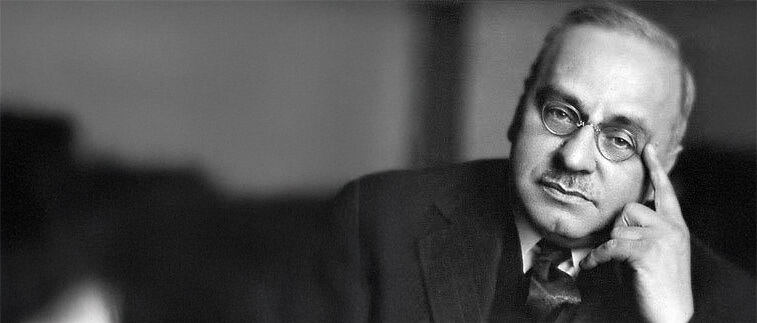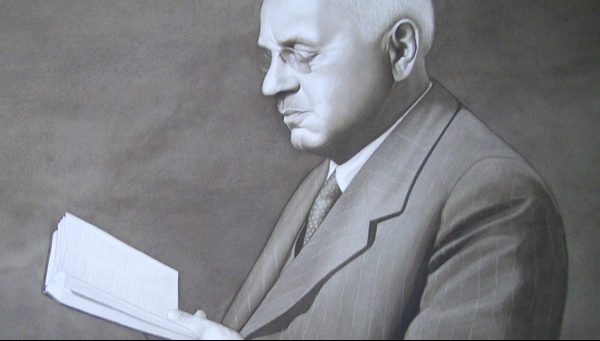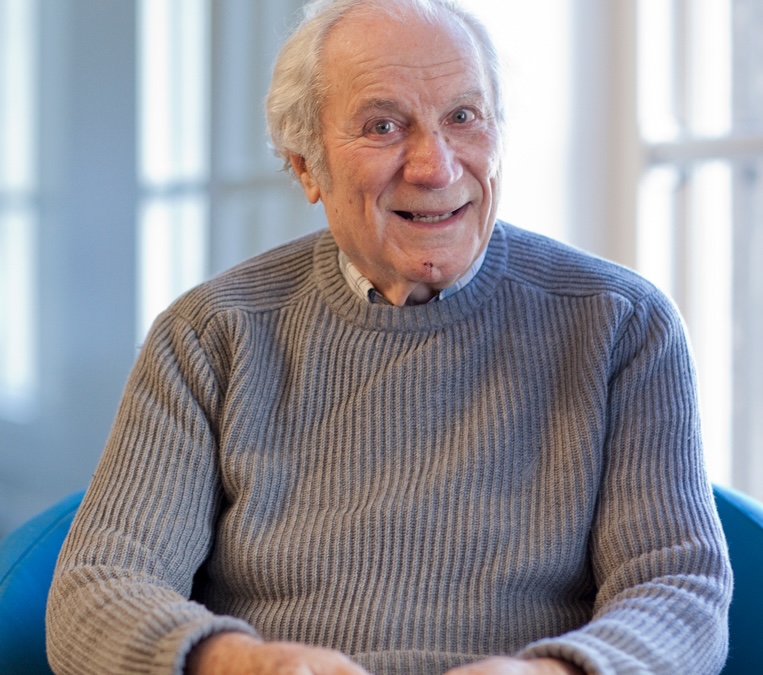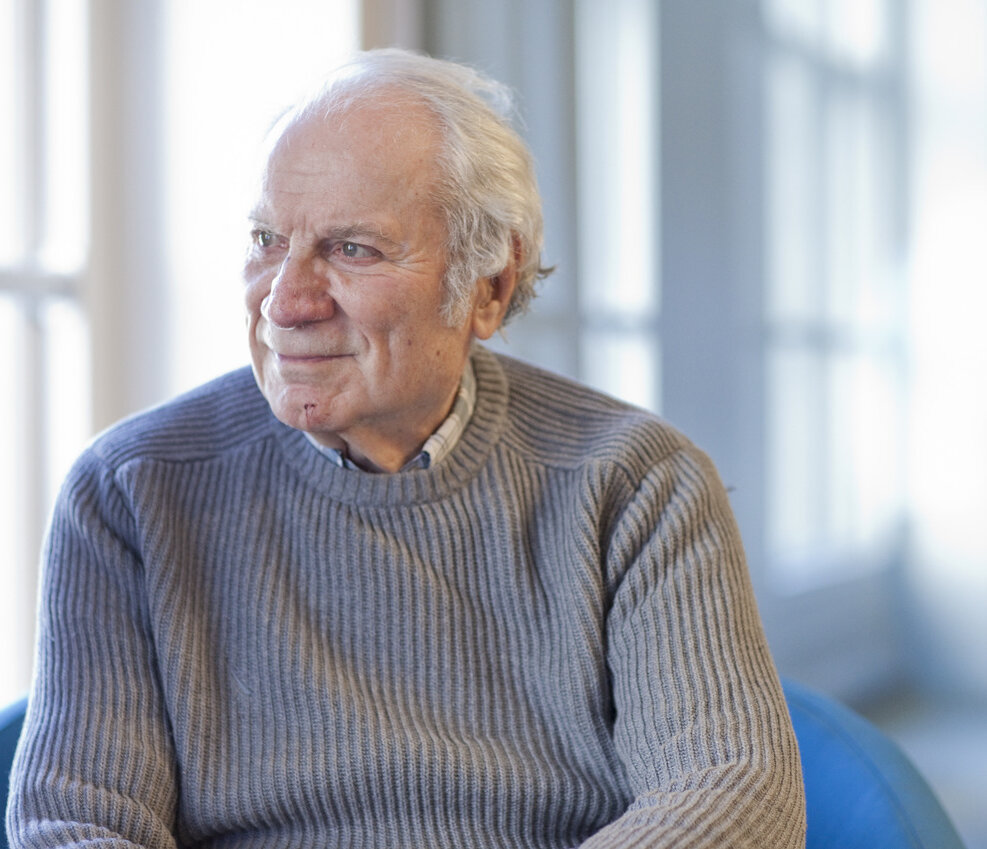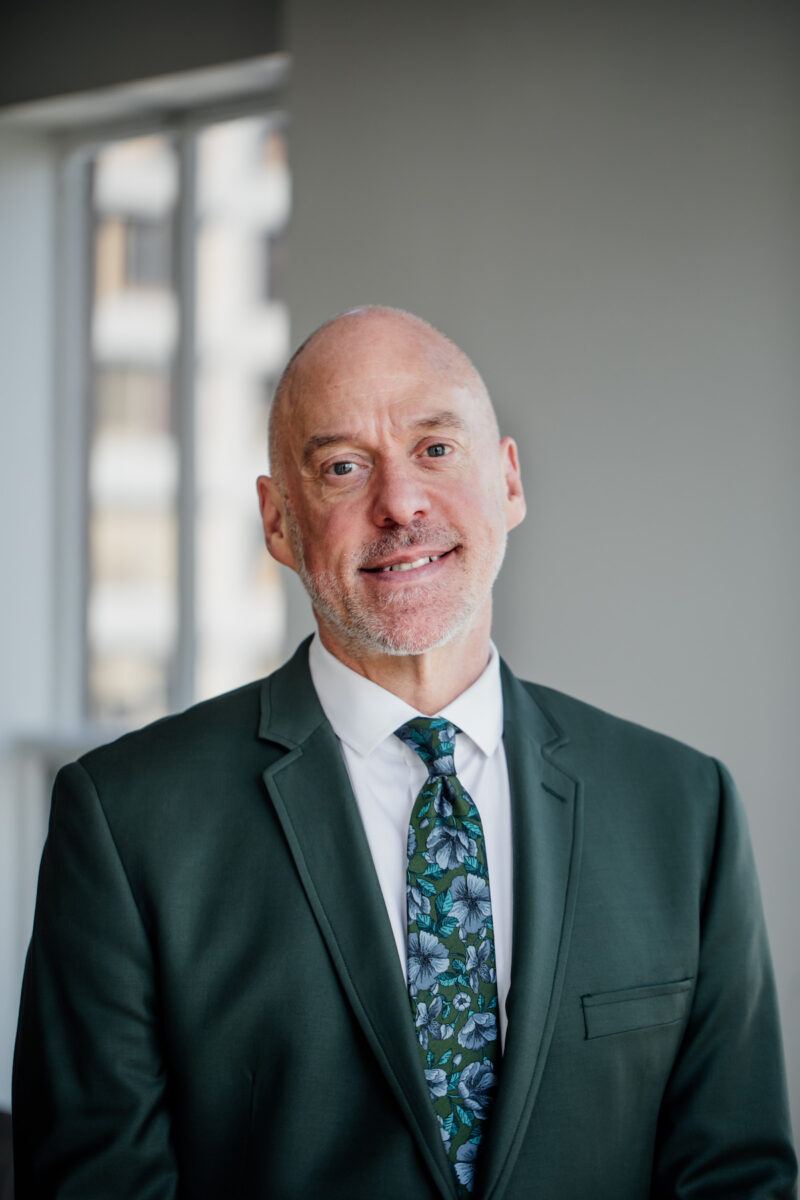Overview
Alfred Adler (1870–1937) was a physician, psychotherapist, and pioneering thinker who broke away from the dominant theories of his era to establish a new vision for psychology. He founded Adlerian psychology, sometimes referred to as individual psychology, which emphasized the role of community, prevention, and social context in shaping health and well-being. Considered the first community psychologist, Adler introduced innovations such as family and group counseling, public education as a tool for improving community life, and some of the earliest writing on the social determinants of health and mental health. His ideas challenged convention and continue to influence how we understand people and communities today.
Adler University Through the years
In 1952, Rudolf Dreikurs (1897–1972), a leading advocate for Alfred Adler’s ideas, founded the Institute of Adlerian Psychology in Chicago. Just two years later, it became the Alfred Adler Institute of Chicago, a hub for advancing Adler’s breakaway approach to psychology and community health. Over time, it evolved into the Adler School of Professional Psychology in 1991 and, ultimately, Adler University in 2015. Early instructors and founders, including Bernard Shulman, Harold Mosak, Bina Rosenberg, and Robert Powers, set a tradition of innovation and community impact that continues today.
1952-1964
1952
Rudolf Dreikurs, a former student of Alfred Adler, founds the Alfred Adler Institute.
1954
Brown v. Board of Education of Topeka paves the way for school integration and the Civil Rights Movement.
1956
The Alfred Adler Institute of Chicago develops a research program with the University of Chicago Counselling Center to study the effectiveness of time-limited therapy.
1961
The Alfred Adler Institute faculty join the University of Chicago in co-sponsoring a Psychology of Women course of study.
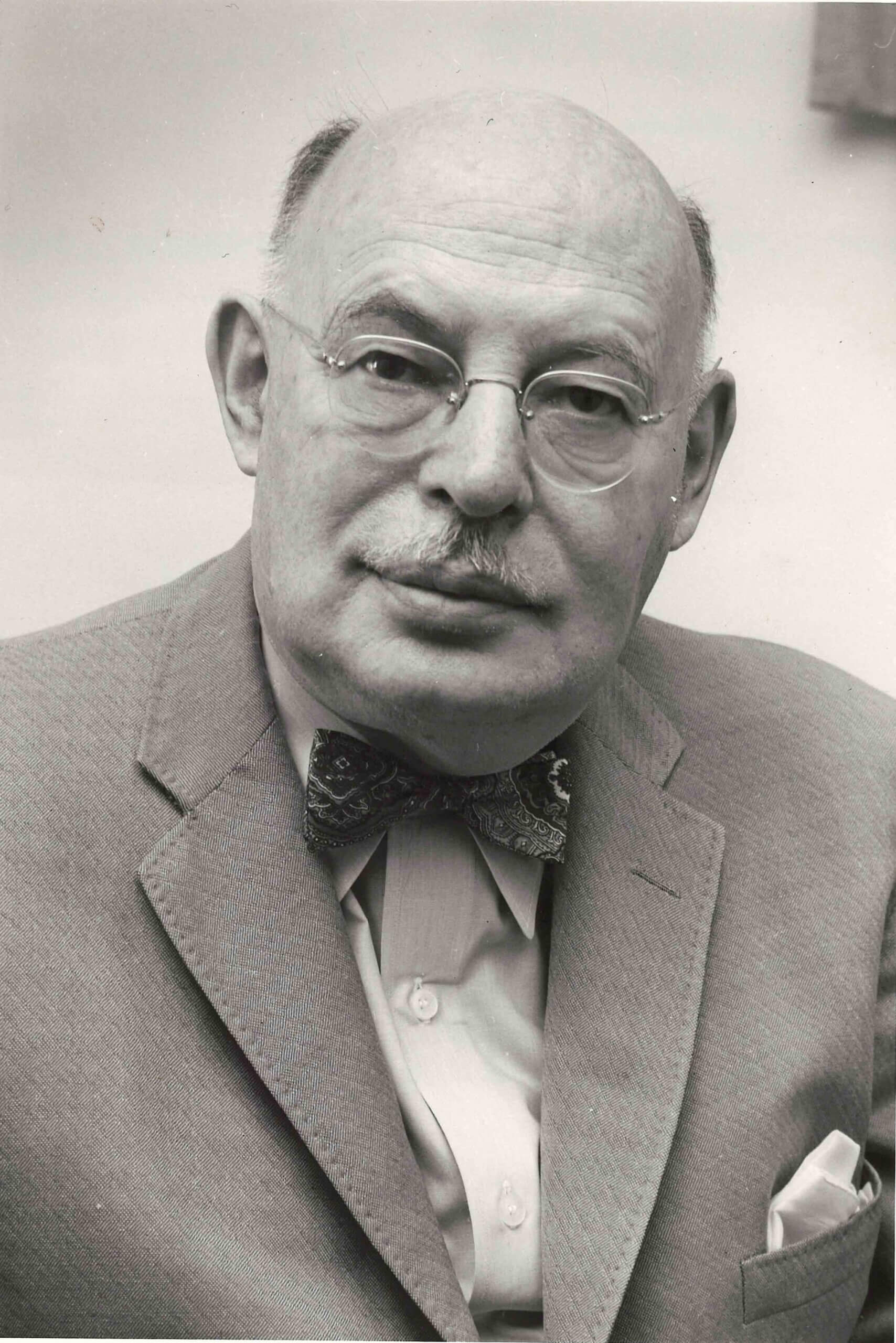
1964-1974
1964
The Alfred Adler Institute creates a group therapy program for incarcerated people at Cook County Jail, the precursor to a later focus on the incarcerated and the formerly incarcerated.
1967
The Alfred Adler Institute begins the Teacher Development Center with a school in Rockford, Illinois, preparing teachers to use Adlerian theory and principles.
1971
Rudolf Dreikurs publishes “Social Equality: The Challenge of Today through the Alfred Adler Institute.”
1972
The Dreikurs Psychological Services Center, the precursor of Adler Community Health Services, is established as a community mental health center and as a training site.
1974
The Institute’s first student group is established. The Art Therapy Program is begun by Sadie “Tee” Dreikurs, a student of Jane Addams. The Family Learning Program is launched.
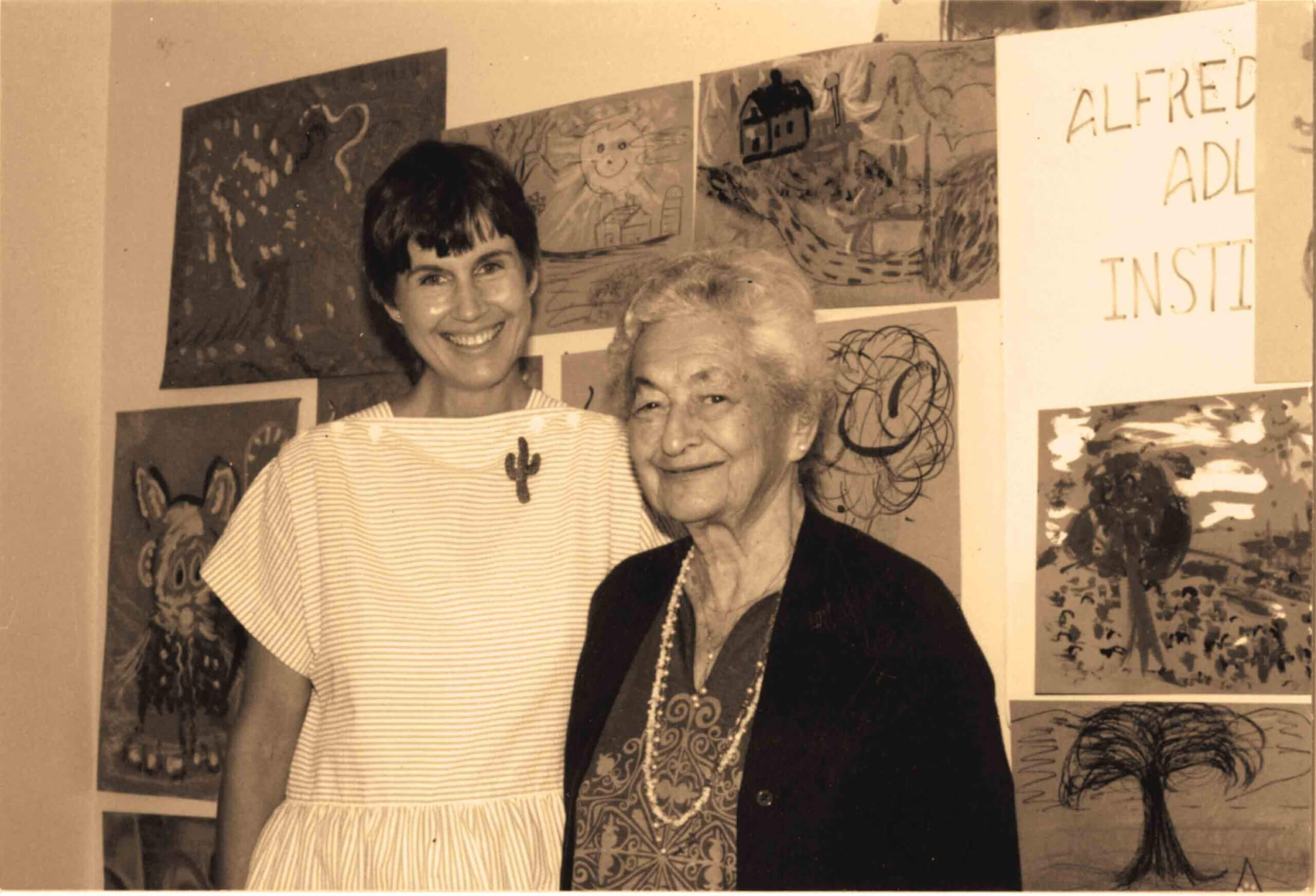
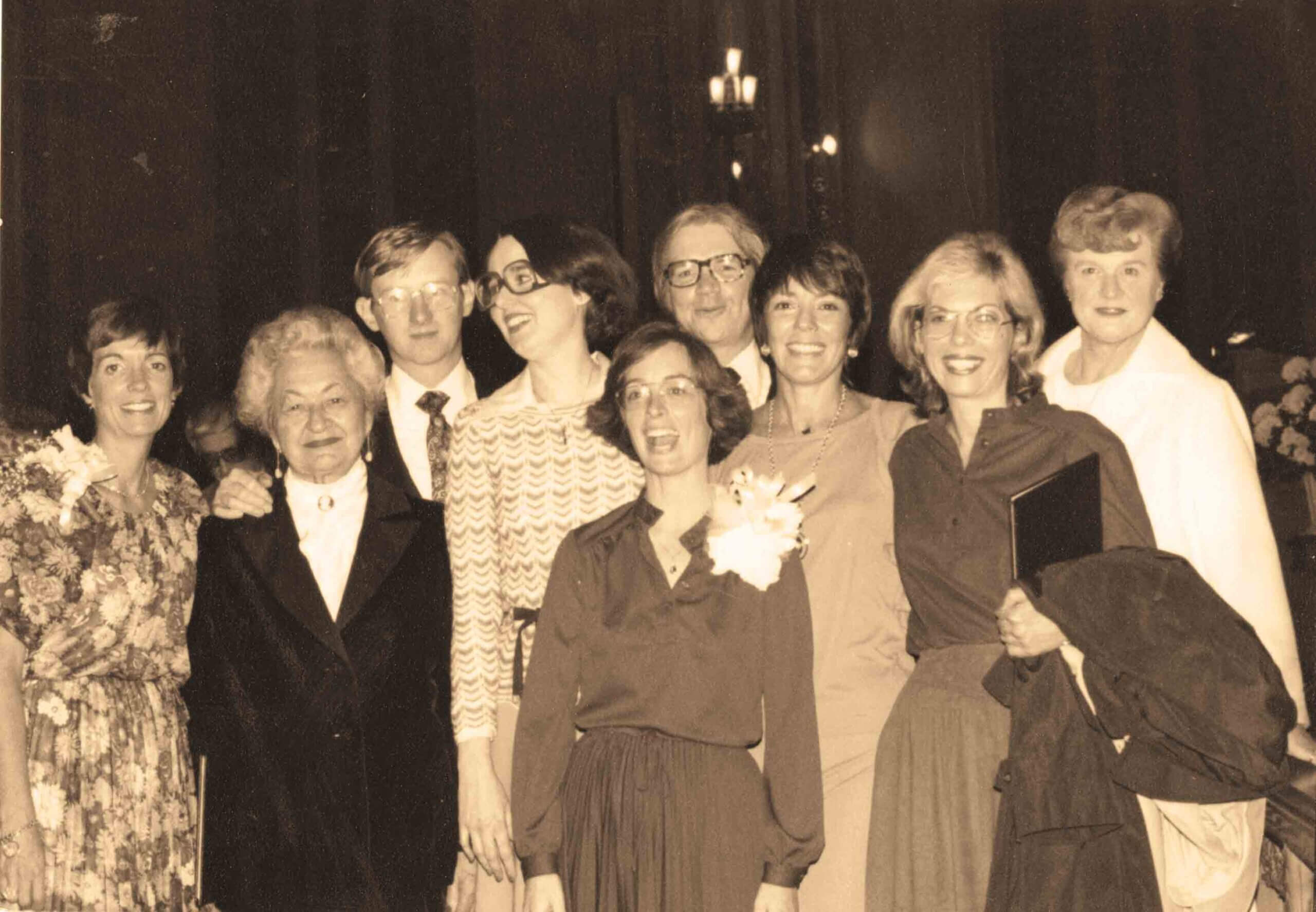
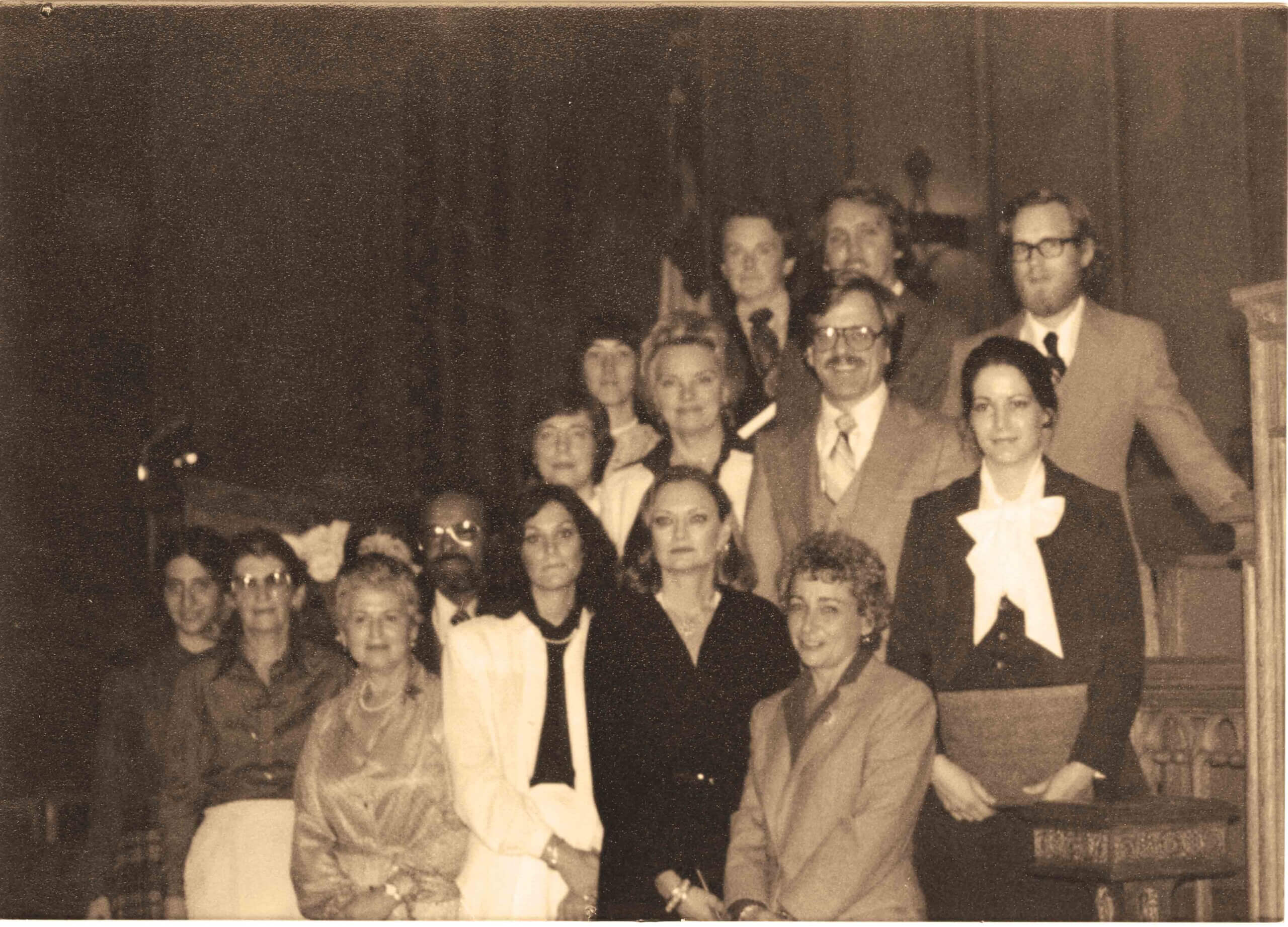
1975-1991
1975
The Alfred Adler Institute begins granting a Master of Arts in Counseling Psychology.
1979
The first commencement exercises for graduates of the Master of Arts in Counseling Psychology program is held on October 8.
1986
New programs are offered in Family and Marital Counseling and Substance Abuse Counseling.
1987
The Doctor of Psychology (Psy.D.) in Clinical Psychology program begins with an entering class of 24 students.
1991
The Alfred Adler Institute of Chicago is renamed the Adler School of Professional Psychology. The motto is reaffirmed as “Not for ourselves alone but for all.”
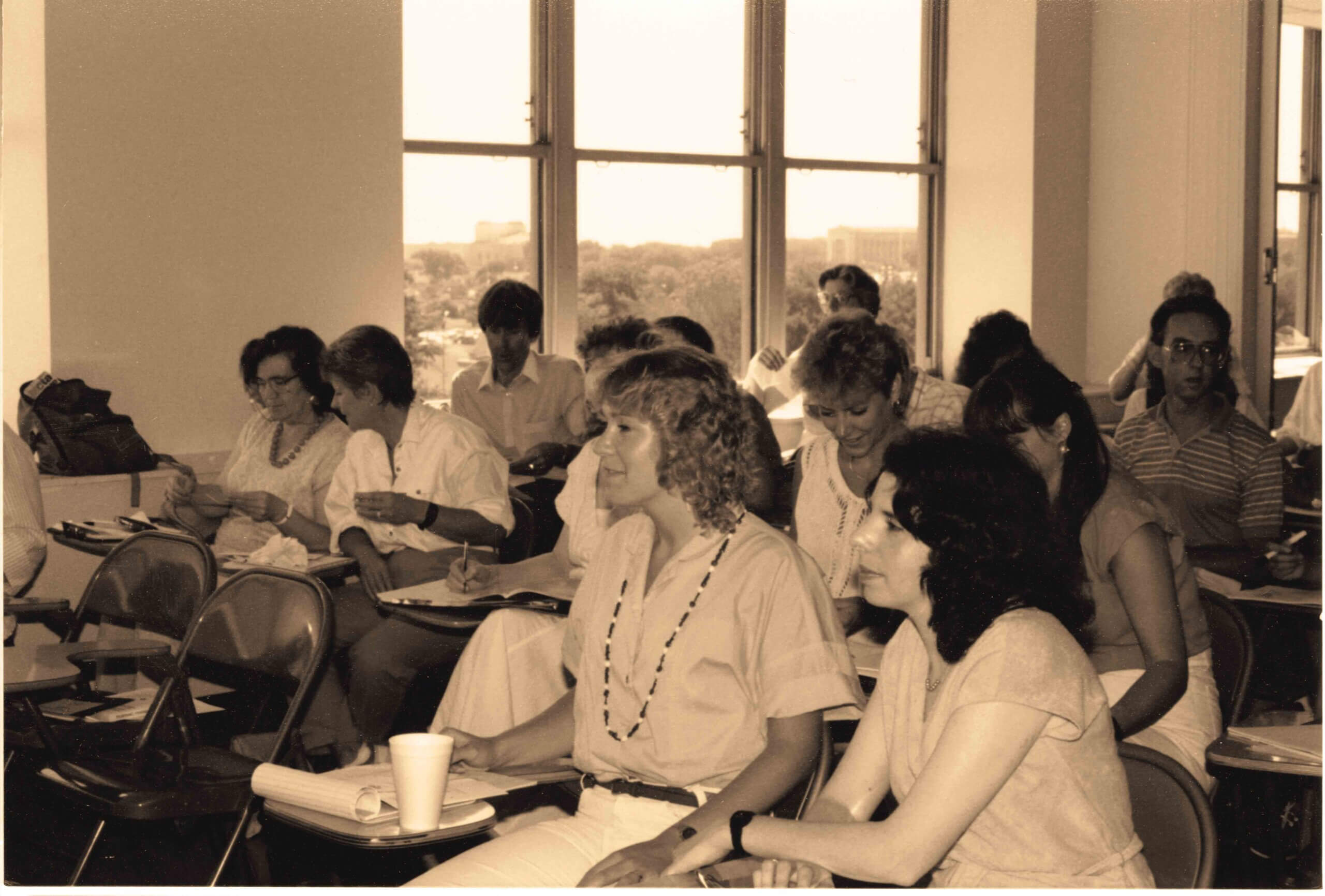
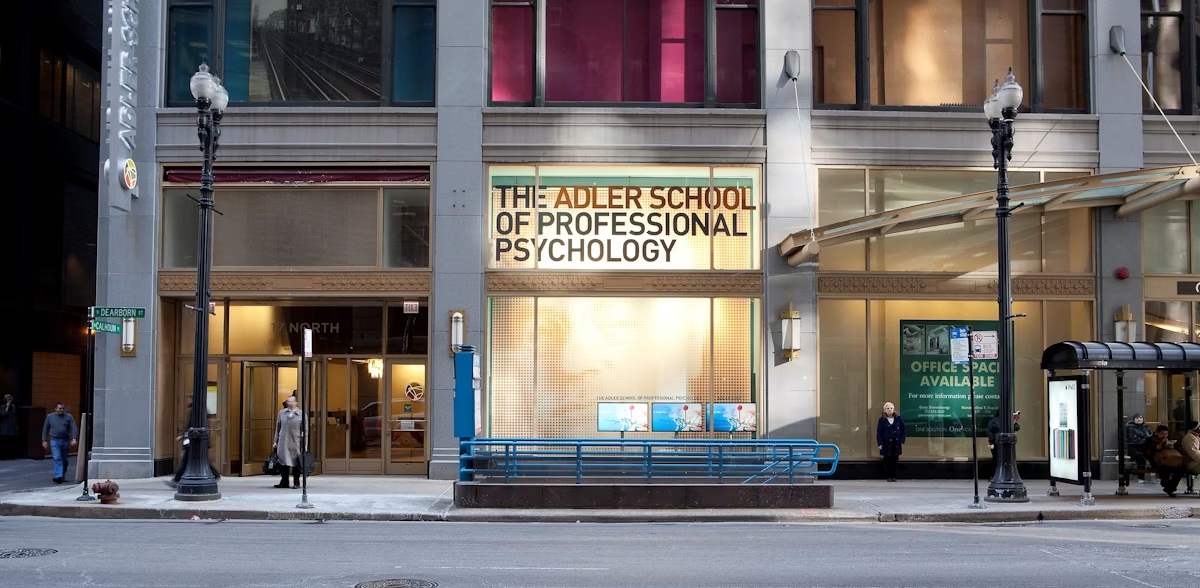
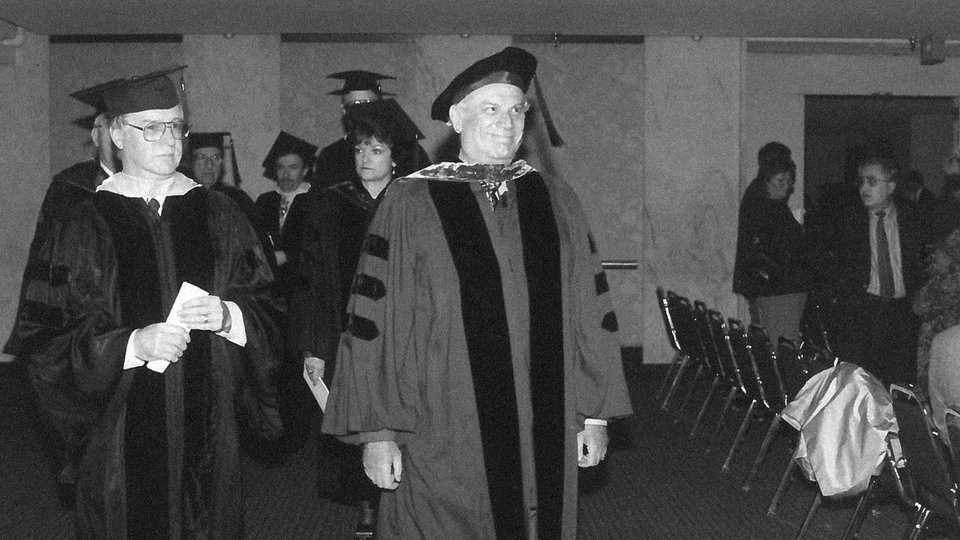
1998-2006
1998
The Master of Arts in Counseling and Organizational Psychology is launched.
2002
The Adler School of Professional Psychology celebrates its 50th anniversary.
2004
The Board of Trustees refines the vision of the Adler School of Professional Psychology, based on its Adlerian heritage, to focus on socially responsible practice and social justice.
2005
The first Adler Institute for Social Change is established. The Adler School of Professional Psychology begins operation of a Vancouver Campus.
2006
The first Community Service Practicum (later called the Social Justice Practicum) is implemented, the first of its kind in graduate psychology training.

2009-2018
2009
The second Adler Institute for Social Change, the Institute on Public Safety and Social Justice, is established.
2010
The Board of Trustees affirms a new mission: to continue the pioneering work of Alfred Adler by graduating socially responsible practitioners, engaging communities, and advancing social justice.
2012
The Adler School of Professional Psychology celebrates the 60th anniversary of its founding. The School community produces “The Socially Responsible Practice Project.”
2015
Adler School of Professional Psychology becomes Adler University. Adler’s third campus is established: the Global Campus for online programs.
2018
Dr. Harold Mosak, co-founder and Distinguished Service Professor at Adler University, dies on June 1 at age 96.
Dr. Bernard Shulman, co-founder of Adler University, dies on Nov. 24 at age 96.
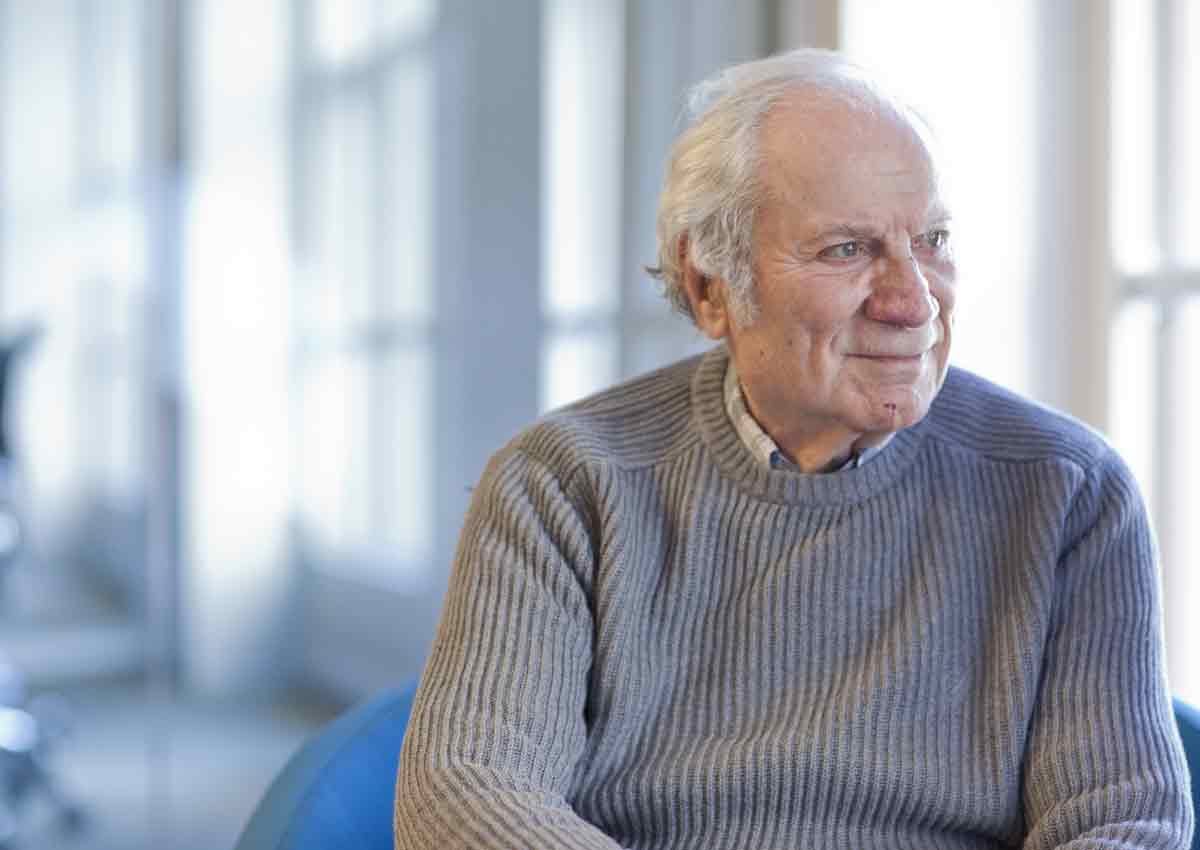

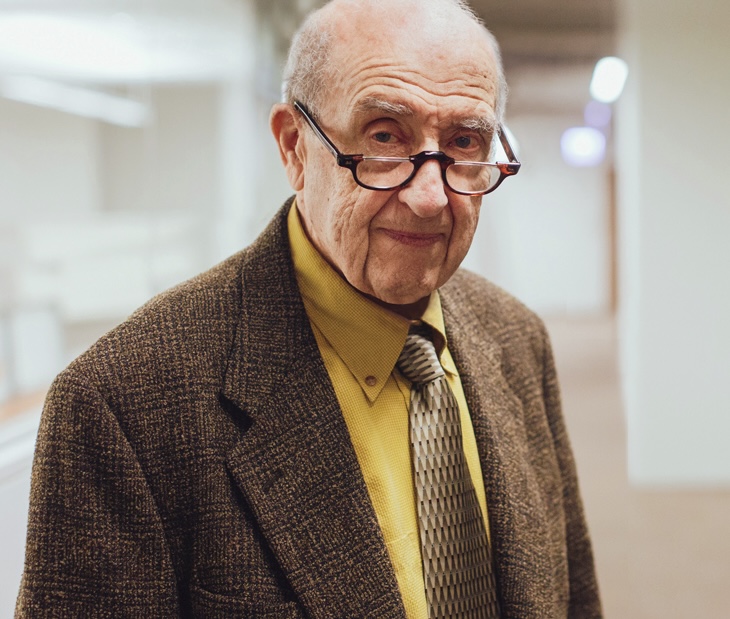
2021-2024
2021
Adler University launches its higher education in prison program.
2022
Fulbright Canada establishes research chair at Adler University.
2023
Adler University launches tenure program for full-time faculty.
2024
Lisa Coleman, Ph.D., becomes Adler University president.
2025
Adler University Board of Trustees approve new institutional mission, vision, and values; new brand and logo unveiled.
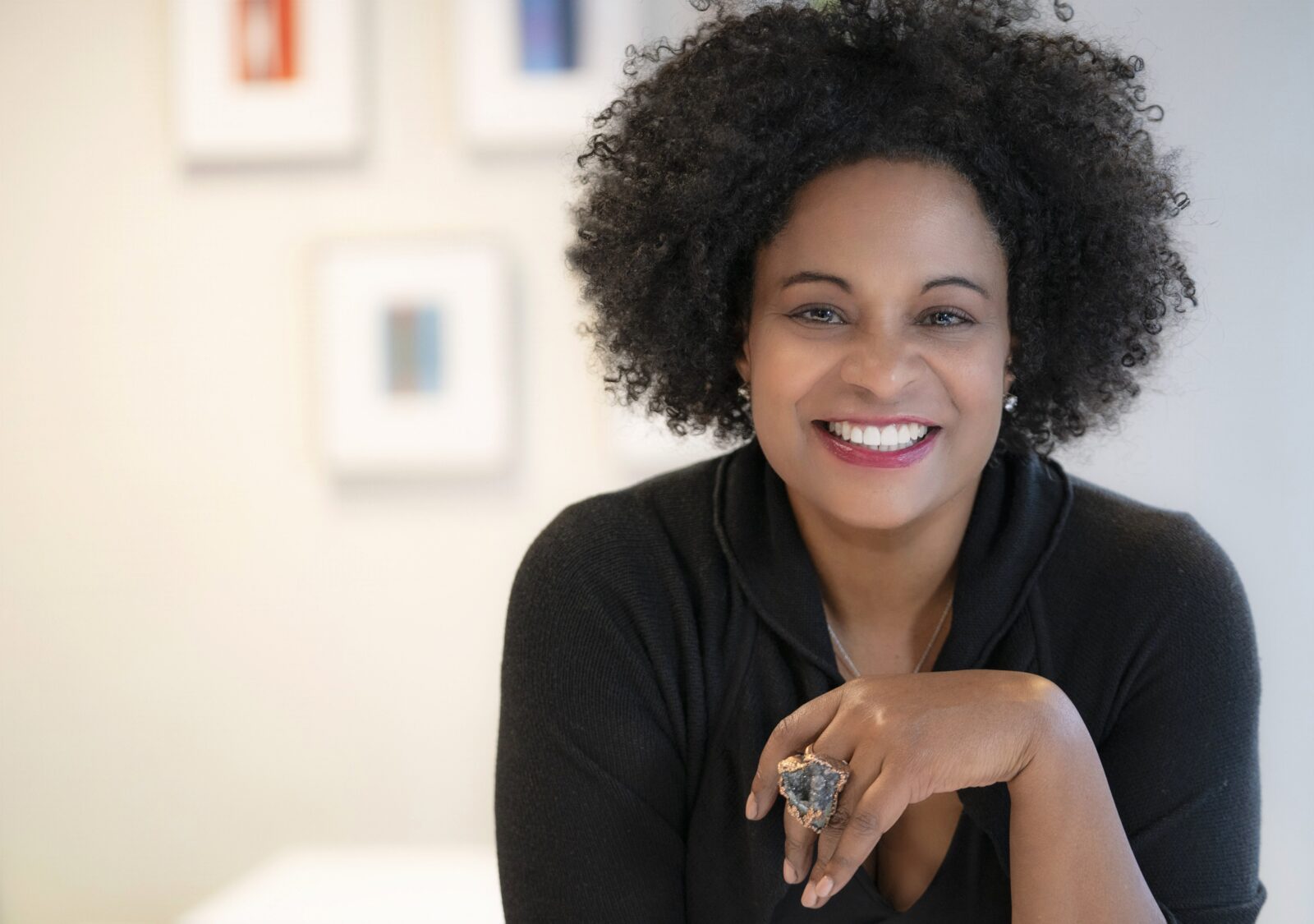

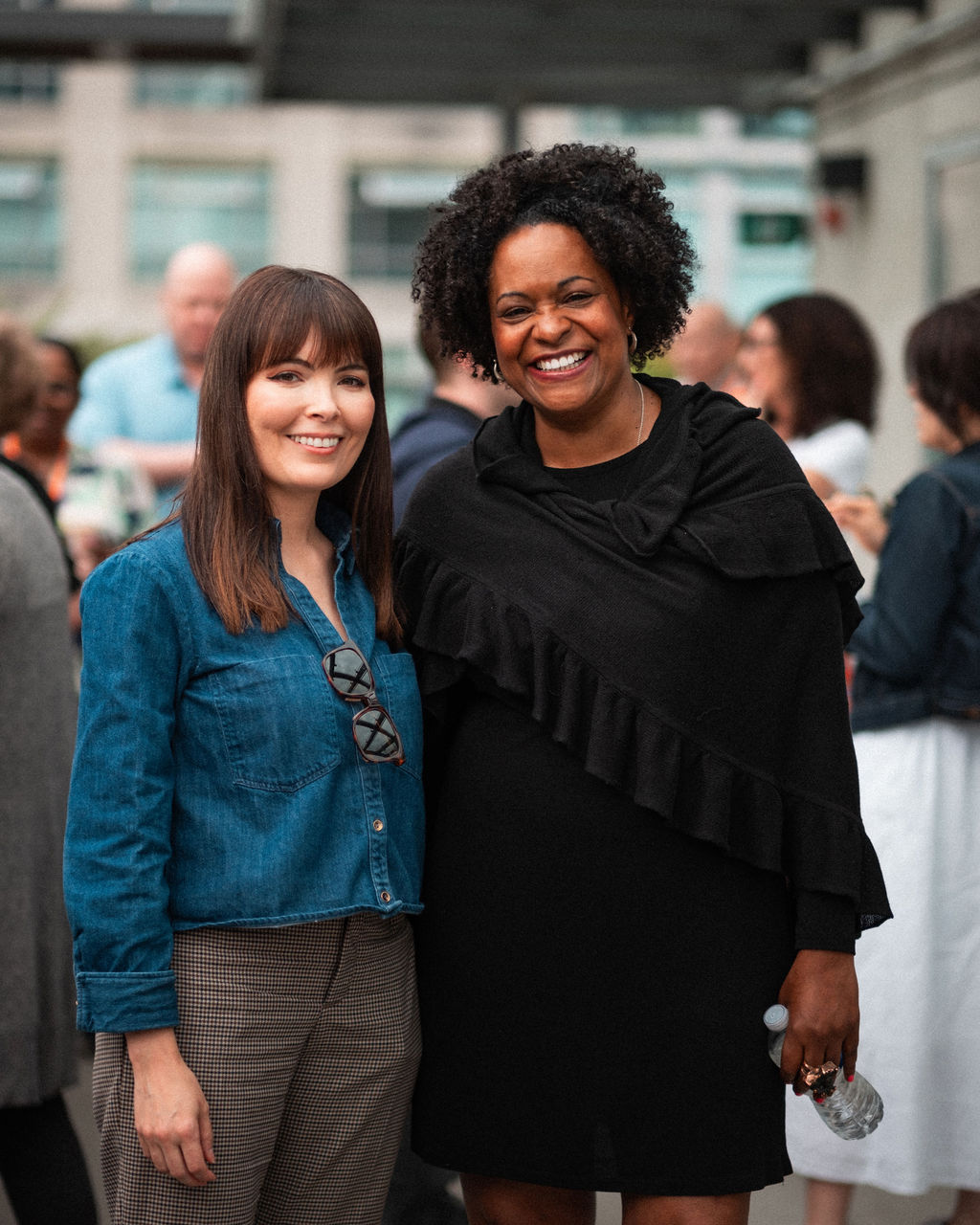
Those Who Have Led the way
Meet Adler University’s founders, Harold Mosak Ph.D., and Bernard Shulman M.D., The visionaries who advanced Adlerian psychology and helped shape our mission of social responsibility and community impact.
ADLER UNIVERSITY presidents
Meet Adler University’s Presidents, from 1952 to the present day.
Rudolf Dreikurs
Dr. Rudolf Dreikurs (1897-1972) founded Adler University. Dreikurs, a psychiatrist, was a colleague of Alfred Adler, and he moved to Chicago after Adler’s death in 1937. In 1952, Dreikurs founded the Institute of Adlerian Psychology that, in 1954, changed its name to the Alfred Adler Institute of Chicago, in 1991 became known as the Adler School of Professional Psychology, and in 2015, became Adler University. He founded ICASSI (The International Adlerian Summer School) in 1962, and the first summer school was held in Denmark.
As early as 1928, at the end of his medical residency, Dreikurs understood the social connection to mental disorders and the importance of prevention (Terner & Pew, 1978). Dreikurs had been exposed to Adler’s Child Guidance Clinics in the 1920s. They ultimately became firmly committed to community psychiatry and empowering parents and teachers with knowledge and approaches that led to more mutually respectful and collaborative relationships.
Although Dreikurs was based in Chicago, he was responsible for spreading Adler’s ideas throughout North America and keeping them alive internationally. Dreikurs continued the work that Adler had started, seeing the need for systematic organization and application techniques to teach others how to use Adlerian principles effectively in counseling, psychotherapy, parent education, and the classroom.
Harold Mosak, Ph.D.
Dr. Harold Mosak was a leading figure in the development of Adlerian psychology in the U.S. and a co-founder of Adler University. A prolific writer, educator, and clinician, he dedicated his career to applying Individual Psychology to everyday life. He co-authored foundational Adlerian texts and helped shape the University’s emphasis on social interest, community engagement, and accessible mental health care for all.
Dr. Mosak served as a trustee for most of the institution’s history, from 1963 until 2010. He was the longest serving board chair during that time (1963, 1972-1999), and in 1984, stepped in as the University’s interim president.
Dr. Mosak retired from teaching at Adler University in 2015, but continued mentoring his students. Alumni could often be found sitting in consultation with him at his residence in Evanston, Illinois.
Paul H. Berger
Randall L. Thompson, Ed.D.
RAYMOND E. CROSSMAN, PH.D.
Dr. Raymond E. Crossman served as the sixth president of Adler University from 2003 to 2024 and was named President Emeritus upon his retirement. Under his leadership, Adler evolved from a psychology school into a graduate university with campuses in Chicago, Vancouver, and online. He oversaw the creation of Adler Community Health Services and the Adler Institutes for Social Change, championing social interest and access at every turn.
Dr. Crossman was the first university president to publicly disclose his HIV status, using his platform to advocate for marginalized communities. He co-founded LGBTQ Presidents in Higher Education and edited the first book on LGBTQ leadership in the field. Inducted into the Chicago LGBTQ Hall of Fame, he continues to serve on several civic boards.
Lisa Coleman, Ph.D.
Dr. Lisa Coleman became Adler University’s seventh president in 2024, making history as its first Black and first female leader. A scholar and strategist, she brings decades of experience advancing social interest, innovation, and multi-sector collaboration across higher education and industry.
Before Adler, Dr. Coleman held senior leadership roles at NYU and Harvard, where she led global inclusion and strategic innovation initiatives. Her work has shaped new programs in health, technology, and the arts, while expanding partnerships with donors, alumni, and communities. An interdisciplinary academic and consultant, she is widely recognized for driving culture change and inclusive leadership across sectors.
Adler today
See how today’s people, programs, and partnerships are writing the next chapter of Adler’s history.

Adler University’s counselling psychology program ranks among Canada’s best for second year
Adler University’s counselling psychology program in Vancouver, B.C., has earned national recognition for the second consecutive year, placing among the top 10 on CourseCompare’s Best Master’s in Counselling Psychology in Canada for 2026.
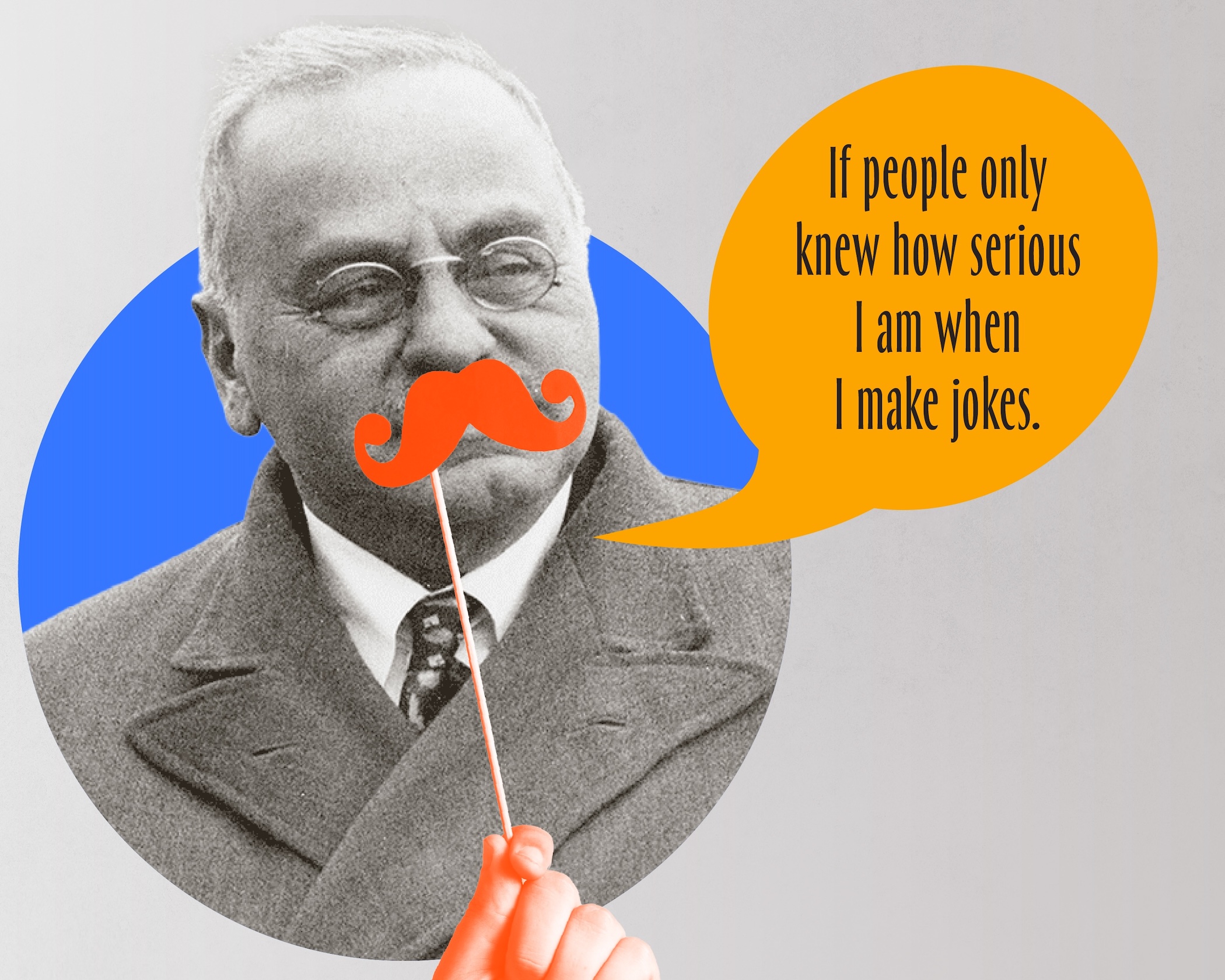
The Courage to Laugh: 2026 Adlerian Summit to explore humour in human connection and healing
The annual day-long event is organized by the Center for Adlerian Practice and Scholarship; will be held April 10 at Adler University in Vancouver

ICE pullback in Minneapolis shows the limits of Donald Trump’s scare tactics
Donald Trump’s penchant for sowing fear is in danger as ICE Out protests remain peaceful and public anger is directed not at demonstrators, but at violent federal ICE officers.
